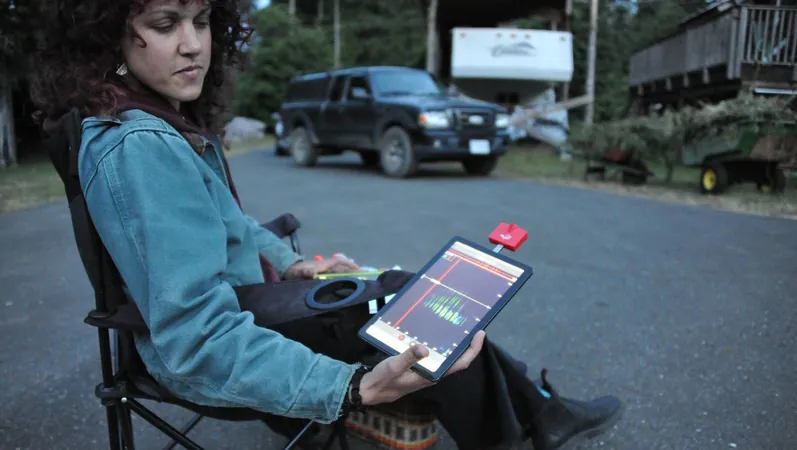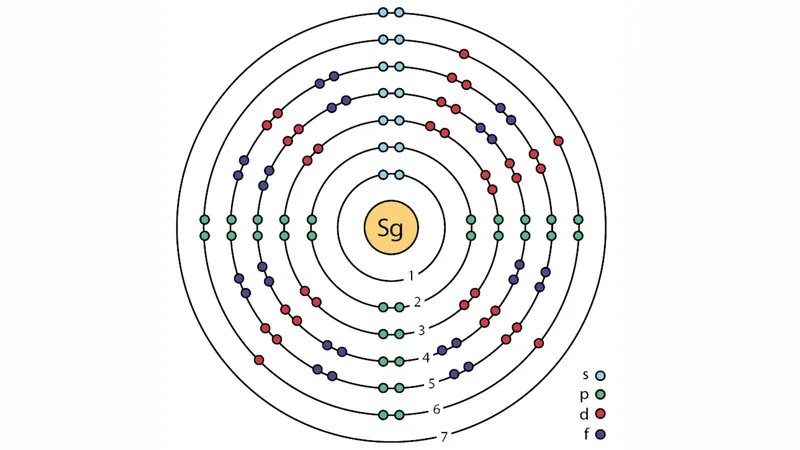
The Future of Immortality: Can We Upload Our Minds to Computers?
2025-05-25
Author: Emily
The Mind Uploading Concept Explained
Imagine a world where you could transfer your entire consciousness into a computer—a digital utopia where you live eternally without a physical body. This fascinating yet eerie idea is known as mind uploading, enabling you to preserve your memories, emotions, and true sense of self, existing indefinitely in a virtual environment.
In this digital realm, you could engage in all the experiences you cherish from life, like enjoying meals or driving a car, but you’d also be free to explore fantastical abilities like flying or entering new worlds. The only boundaries would be the limits of technological simulation.
Is It Truly Possible?
In theory, mind uploading is feasible, yet the technical and scientific hurdles seem daunting. Neuroscience, our window into the brain's workings, is still in its infancy. However, history has shown that monumental achievements—like landing on the Moon or decoding the human genome—once seemed unattainable but became reality.
The Complexity of the Human Brain
Considered the most intricate structure in the universe, replicating the human brain's complexity is a monumental task. Any digital version of your mind would still need real-world sensory input. In other words, for a realistic experience, you would require a full simulation of your senses—sight, sound, touch, and beyond.
The Dangers of Sensory Deprivation
Imagine being isolated in a sensory-deprived environment; it's a form of psychological torture. People deprived of sensory feedback often face severe mental health issues. Thus, for mind uploading to succeed, the simulation must be nearly indistinguishable from reality, as tiny inaccuracies could provoke significant psychological consequences.
The Technological Roadblocks
A fundamental step in achieving mind uploading involves creating a detailed three-dimensional map of the human brain. This requires extraordinarily advanced imaging technology—far beyond our current capabilities, which have only mapped simple brains like that of a fly.
Despite advancements, we are still a long way from mapping the human brain, with its 86 billion neurons and countless connections. Even with a complete map, we'd need to model how these neurons interact continuously, complicating the process.
When Will This Be Possible?
Many speculate that breakthroughs could arrive as early as 2045, while others project it might take until the end of the century. Realistically, the prospect of successfully uploading a human mind might take up to 200 years, meaning the first person to achieve digital immortality could very well be born in our lifetimes.
The Future Awaits: Funding and Optimism
With an influx of cash from billionaires eager to conquer mortality, the path to mind uploading is likely to be funded heavily. Despite colossal challenges and uncertainties, the rapid pace of technology gives us hope that this once outlandish dream could very well be within our grasp.
So, while we may not be harnessing digital immortality just yet, the conversation has started, and it's only a matter of time before we see some surprising developments in this thrilling frontier.









 Brasil (PT)
Brasil (PT)
 Canada (EN)
Canada (EN)
 Chile (ES)
Chile (ES)
 Česko (CS)
Česko (CS)
 대한민국 (KO)
대한민국 (KO)
 España (ES)
España (ES)
 France (FR)
France (FR)
 Hong Kong (EN)
Hong Kong (EN)
 Italia (IT)
Italia (IT)
 日本 (JA)
日本 (JA)
 Magyarország (HU)
Magyarország (HU)
 Norge (NO)
Norge (NO)
 Polska (PL)
Polska (PL)
 Schweiz (DE)
Schweiz (DE)
 Singapore (EN)
Singapore (EN)
 Sverige (SV)
Sverige (SV)
 Suomi (FI)
Suomi (FI)
 Türkiye (TR)
Türkiye (TR)
 الإمارات العربية المتحدة (AR)
الإمارات العربية المتحدة (AR)